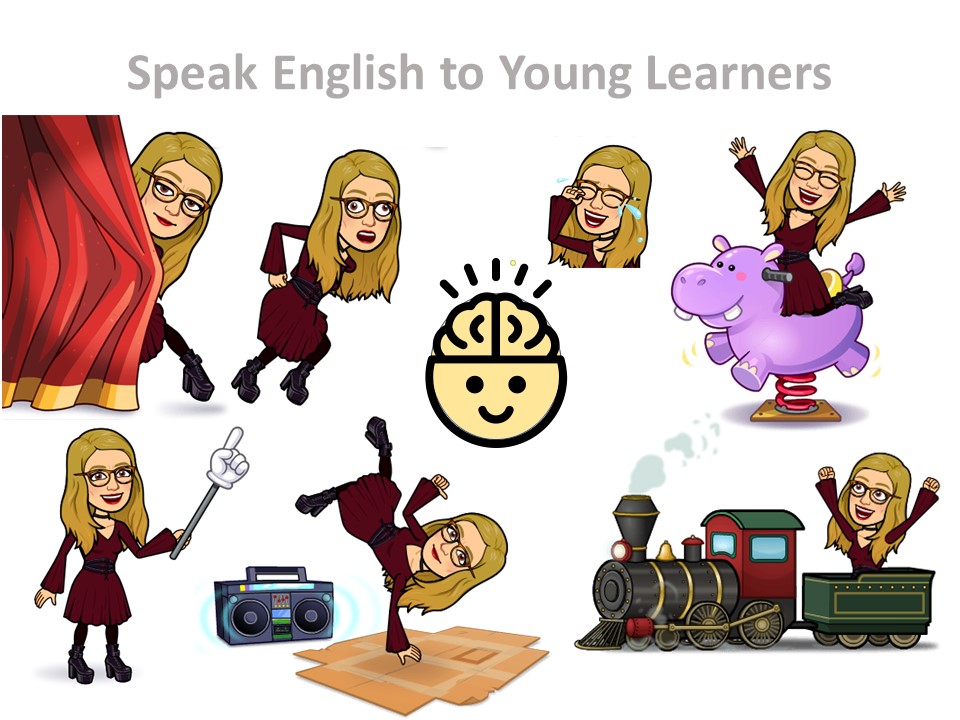After 40 years of teaching, I have retired from the classroom with many lovely memories, a few embarrassing regrets, and loads of acquired insight into what teaching is really about.
In short snippets, I am sharing some of these insights with you in the coming weeks. This is #6.
Speak English to Young Learners – From the Very Beginning
At school in 6th form (high school), we got a new French teacher who only spoke French in the classroom. We rebelled and went to complain to the headmaster. With hindsight, I can now see what went wrong. She had the right principle but the wrong practice; She made no effort to try and help us understand. She just spoke, in a language high above our beginner level.
In my own teacher training almost half a century ago, I was lucky to have educators for whom it was self-explanatory for the teacher to speak English in the English classroom – and they showed us how. That is why I have always spoken English to my students. English is such a rich language, everything that needs to be said to the students can be said in a language they will understand with the help of gestures, mimes, objects, facial expressions, and images.
The younger the students are, the better, because “We are born to acquire language. That’s the way our brains are.” (S Krashen). Translation is an arbitrary system that is not innate in our brains. Our brains’ whole purpose is to make sense of the surrounding world. The language we hear only comprises a fraction of our capability to understand.
For the young learners, it’s like a fun game to decipher the teacher’s verbal instructions with the help of various props and gestures. They understand the notion, the concept of it naturally, and there is no need to translate. Every time they get it, their eyes sparkle, and their brains light up as millions of new synapses are created (if only we could see).
Just imagine the power of a teacher who can make this happen incessantly throughout a lesson.
Sometimes, however, you may need to say something that goes above the fun and the game in the English class, for example when disciplinary action or a special announcement is due. I used to dedicate a specific spot in the classroom, close to the door, where I would stand and have a serious talk with my students – in the majority’s native tongue – when they weren’t behaving. When I had made my point, I would theatrically move away from the spot, smile, and say something like “Back to our English class!”.

